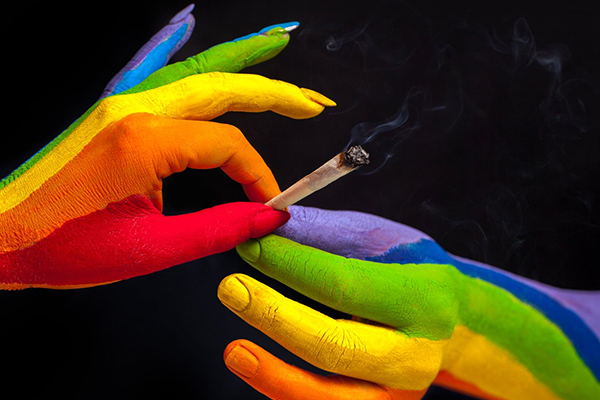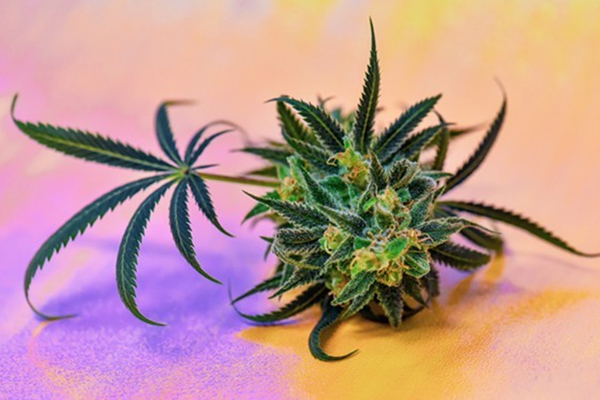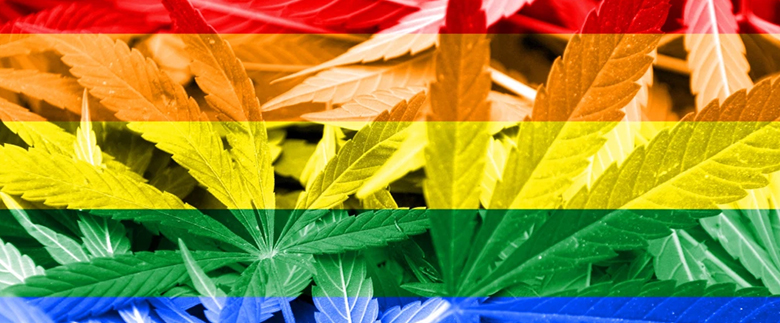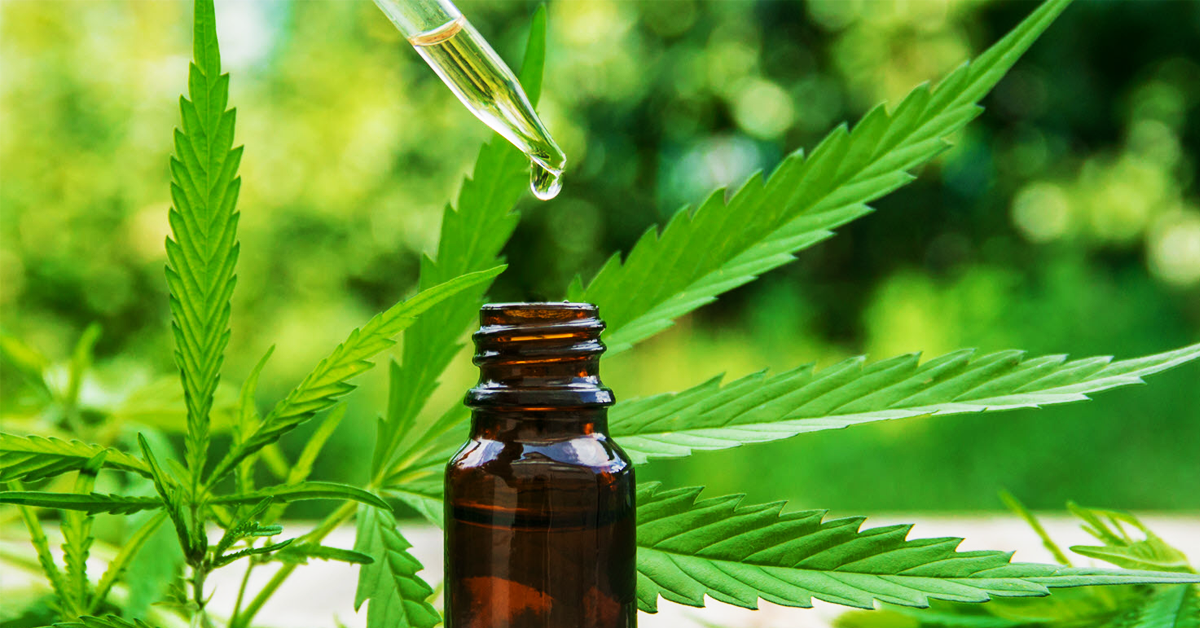The cannabis movement and LGBTQ Community might seem like two parallel lines. However, if we go through the historical revolution that led to the legalization of medical cannabis, it would not have been possible without the LGBTQ community. Weed and LGBTQ go hand-in-hand, especially as these two are the most unaccepted communities and tend to be shunned to the shameful corner with every step. As we begin to feel the wide acceptance of cannabis, people are also being more open to LGBTQ and accepting them for what they are. We are far, far away from complete acceptance, but there have been some steps in the right direction. And, what is a better month to talk about this than Pride Month?
Before we move ahead, let's take a look at the role played by the LGBTQ Community in accelerating the legalization of cannabis.
The Cannabis Movement of the 1970s was heavily intertwined with the Gay Rights Movement as the breakout of AIDs disproportionately affected the LGBTQ community. As the US Government ignored the lethal effect and consequences of the breakout, the affected community turned to cannabis to find relief from the multiple symptoms of the disease and from the side effects of the drugs prescribed to fight it. As the fight grew, there was an instantaneous correlation between the gay rights movement and cannabis legalization. It was owed to the fact that both the communities worked to shift public opinions. What the society perceived as unacceptable and delinquent, both communities were struggling to bring it to the normalcy ground. It is safe to say that without the efforts and brilliant courage of LGBTQ activists, marijuana would not have been enjoying the position that it does today.

One of the most prominent activists of the 1970s was the late Dennis Person, now known as the father of the Medical Marijuana movement. His activism was augmented by the AIDs epidemic, which affected his former partner, Jonathan West. Eventually, he founded the Cannabis Buyers Club, a medical dispensary that helped many suffering from AIDs and other diseases. Peron went on to co-author the Compassionate Use Act of 1996, which legalized cannabis for medical use in California.
| Also Read: High Pride - Pot Industry & LGBTQ - What Brings Them Together? |
Another very prominent name in the cannabis rights movement is Mary Jane Rathbun, an ally to the LGBTQ community. She secretly distributed pot brownies to patients as a hospital volunteer, offering medical services to AIDs patients. It is said that at the height of the epidemic, Rathbun baked 600 brownies a day and was restrained several times by the authorities. Paul Scott, an important gay community advocate, created the first medical marijuana facility in Inglewood to help terminally ill patients. Scott also found the Los Angeles’ Black Gay Pride organization and continues to raise his voice for queer people of colour.
Today, we see a higher cannabis use among queer folks when compared to straight people, and this time it is not because of an epidemic. The higher usage is owed to the physical and mental illness queer people experience at a much higher rate than others. And we have data to prove that. According to the 2015 National Survey on Drug Use and Health data, sexual minority adults are more than twice as likely to use marijuana when compared to heterosexual adults.

If we look at the trend today, people are now more comfortable with cannabis, with many countries even legalizing recreational marijuana. Many cannabis companies are getting on the trend, thanking the LGBTQ ancestors to make the world of weed happen, and other brands have followed the lead. However, most of the industries jump on the rainbow bandwagon to reap profit while their hiring records and homophobia say otherwise. It is no surprise that many brands want to align their voice with that of the LGBTQ community. After all, if the community was a country, it would have been the world's fourth-largest economy with a mind-blowing GDP of $4.6 trillion. Capitalism is a contributing factor to the brands advocating LGBTQ rights and colours during pride month. However, cannabis and related industries have genuinely shown support as the fight for recognition, respect, and acceptance inherently links the two. Sophie St. Thomas, a queer sex and cannabis writer, and author of "Finding Your Higher Self: Your Guide to Cannabis for Self Care" feels the same.
Another way to align yourself with the Queer voices is to run campaigns during Pride month, giving more than just products insight. At Olivastu, we ran a campaign advocating that the letters "LGBTQ" aren't just letters, but are stories, identities, and much more than that. We showcased the famous Cara Delevingne, who identifies herself as pansexual post her break-up with Ashley Benson.

Other prominent personalities included the popular Comedian Simon Amstell. He opened up about feeling very alone and came out as gay when he was 21 years old. Confused about his identity until he hit puberty, Simon now lives a very rich and openly gay life, inspiring others to be okay with themselves.

Olivastu's campaign also featured Tanya Compas, is a British youth worker and LGBT rights activist, working especially with queer Black young people in London. She is known to spread through humanity and humility, encouraging everyone to be okay with their identity and preference.

Stepping into the world of magic and everything queer, we also talk about Miriam Margolyes, the known Professor Sprout from the Harry Potter series. She lives her life as 'openly lesbian' and talks about the joy of being a lesbian, allowing many to embrace their true personality.

While it is not enough to talk about LGBTQ and cannabis when the designated month for them arrives, it definitely gives the communities an identity, a reason to be celebrated, and widely accepted. Capitalism will always hop on to the trend. But the queer population of today understands and associates themselves with only the voices that are genuinely advocating and supporting their rights.
Let's strive to make a world where no one has to fight for basic amenities and identities.
Happy Pride Month, y'all! Let's keep it real.



![[UPDATED]Cannabis-Infused Butter Recipe: How To Make Cannabutter?](https://www.olivastu.com/media/magefan_blog/Olivastu_Blog_1200x628_20200421.png)

